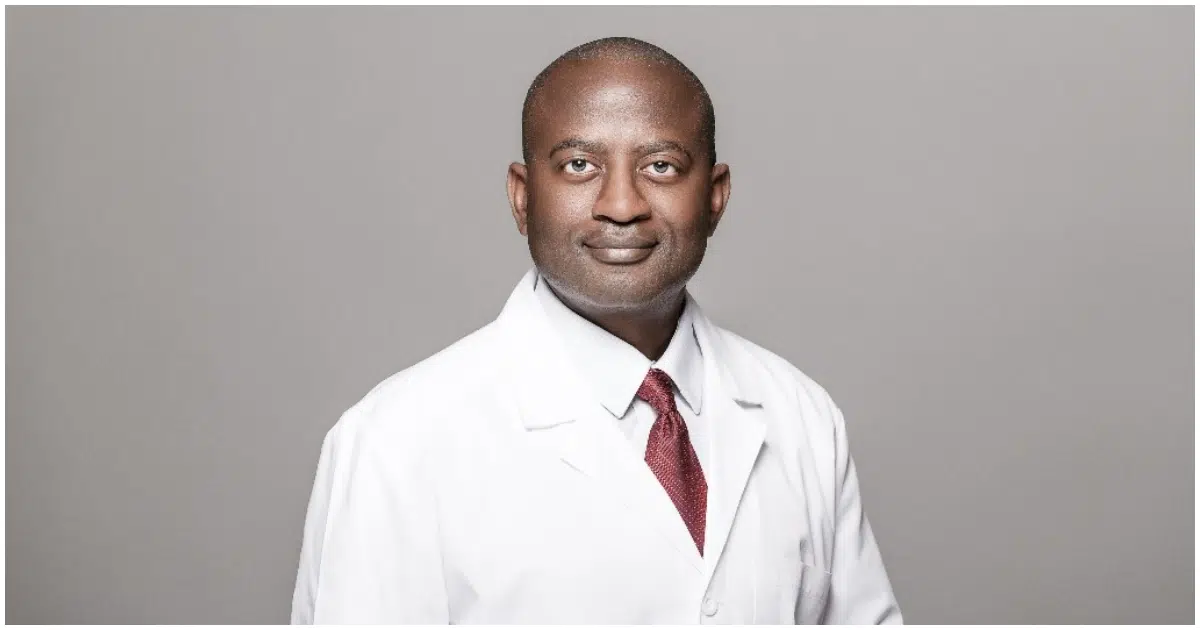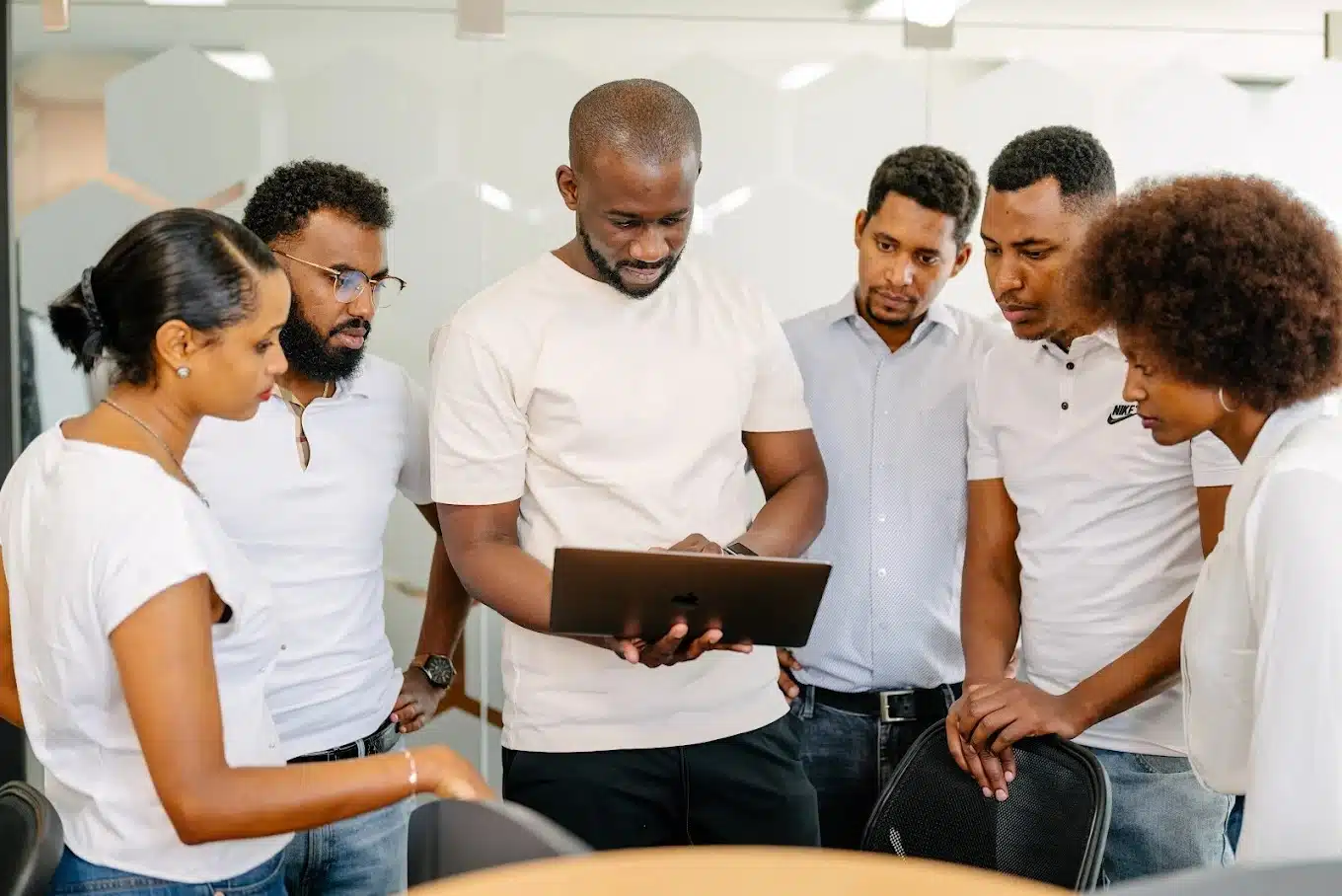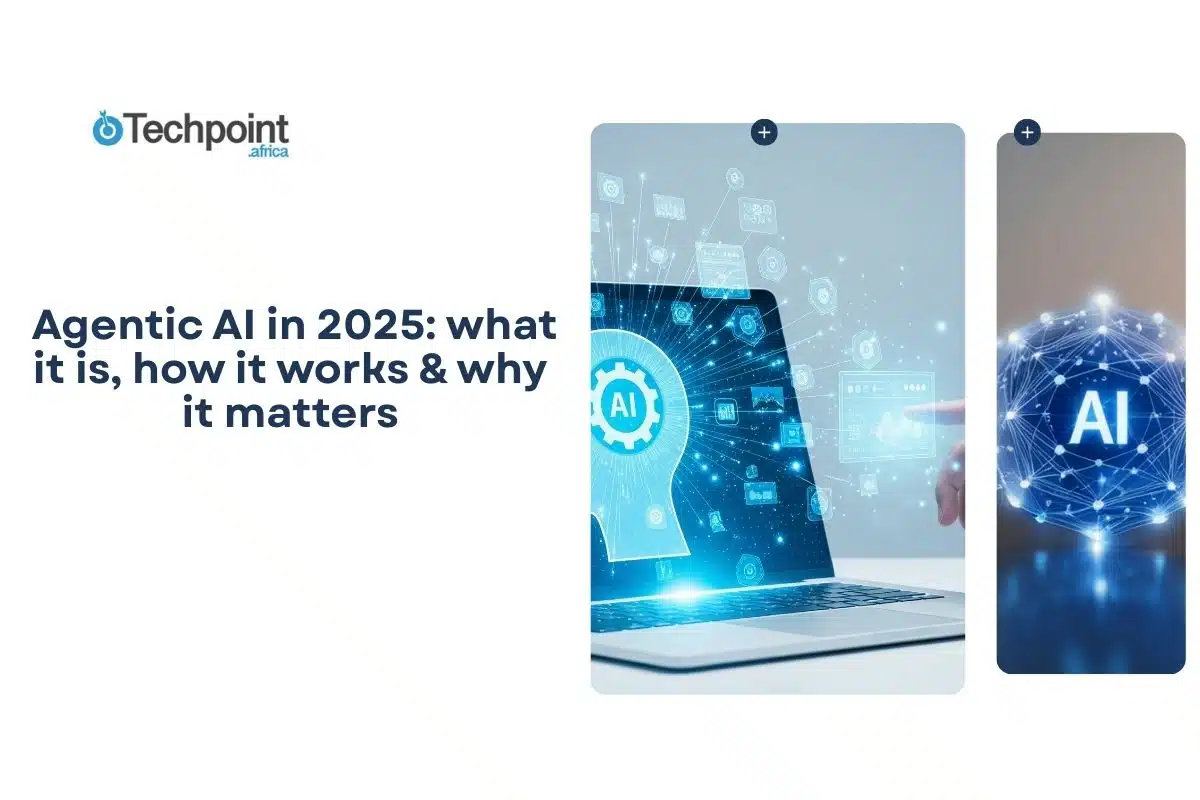Dr. Stephen Odaibo, CEO and founder of cutting-edge startup Retina-AI Health, has urged the Federal Government of Nigeria to take a bet on young talents in the country.
The US-trained physician who lived his early life in Ilorin, Kwara state Nigeria stated this during an exclusive interview with Techpoint Africa where he stressed that Nigeria and other African countries could take a cue from the United States of America in investing in young AI talents.
Young AI talents in Nigeria and Africa need external help
Regarding passionate young AI talents learning the skills but without the resources to scale what they’re building, Dr Odaibo empathised, acknowledging that Nigeria is a challenging environment and that concerned individuals would need external help.
“We all need external help,” Dr. Odaibo explained that we can only help ourselves to a certain extent and that at some point, we’d need somebody to take a bet on us. A country like Nigeria in terms of cash in today’s current financial system, might not be considered wealthy but if you look at potential and natural resources, it’s very wealthy, but those are illiquid things that need to be leveraged. They’re not available to make a difference because they’re illiquid. They’re still locked in the potential phase. So it’s like, Nigeria needs to take bets when it comes to AI.
In October 2025, the Nigerian government, in collaboration with Google and Apolitical, announced an initiative to train civil servants in the country on Artificial Intelligence and governance. There’s also the 3 Million Technical Talent (3MTT) programme launced in December 2023, aimed at developing young talents in the country. While these measures are quite commendable, a lot more can still be done.
Special fund for AI development
On taking big bets, Dr Odaibo stressed that Nigeria needs to do things like create a fund with like $2 or 10 billion and have fund managers who will ensure that the country gets the best value from an enterprise perspective. Then identify those talented people and make sure they have cloud access and working laptops. He added that a standard can be set, and only those who meet the requirement get rewarded.
“The US has a lot of success because of taking bets. The US takes big bets. So stakeholders in Nigeria and Africa have to come to the table and say, what’s this opportunity? Is this real? Is this something that can benefit? There’s always something that has to be put out there in terms of taking bets and bets that will make a lot of sense.”
“Nigeria needs to do that, and any wise country that understands the importance of AI will be doing things like that at this time. India took a big bet on information technology 30 years ago. And today, every large company has a major brand there. People, born, and raised in India, are CEOs of a great number of Fortune 100 companies today. So these things eventually do make sense. A country does not have to be wealthy to take a bet. A bet simply means where we are taking a risk regardless of how much money we have. Nigeria can afford to take at least one billion from the annual budget and spend it on AI. That’s an easy decision to make.”
Although, there are other pressing issues bedeviling the country like epileptic power supply, Dr Odaibo says it’s a tough but easy decision to make because AI is the future where the world is headed and it’s also how to bring about prosperity. According to him, the US continues to win because in America, they have risk capital.

Victoria Fakiya – Senior Writer
Techpoint Digest
Stop struggling to find your tech career path
Discover in-demand tech skills and build a standout portfolio in this FREE 5-day email course
Artificial Intelligence Regulation
Dr Odaibo highlighted another area that Nigeria and Africa need to look at when it comes to AI: governance and regulation. According to him, regulation can be a tool for advancement when properly done to make sure that it helps people.
“There are ways of crafting regulation that it becomes for the good of the people and of the businesses that are created and encourages business to be successful in that area. So that’s something to look at when it comes to regulation and licensures around the area of AI. It’s very tricky. You don’t want to stifle innovation, but you can do it in a way that encourages innovation.”
“Like if somebody wants to enter a market, they may need to partner with a local startup that’s there because that startup has some form of a license to do certain things and meet certain regulatory aspects. Regulation is something that is from the people, by the people, and for the people. So it is a very powerful tool today that I think a lot of minds need to come to the table and understand this like right now. Like how do you come up with the right regulation that would result in net good, given that AI is such a revolutionary technology and that the time for AI is now.
When asked if he has some sort of platform for mentoring younger individuals, Dr Odaibo said it’s something he really cares a lot about. However, time constraint has remained a limiting factor, but that his book: The Foundational Mathematics of Artificial Intelligence provides a proper roadmap and serves as a robust curriculum in AI, for anyone willing to tackle any problem or invent any new thing. For young AI innovators in Africa, Dr Odaibo’s charge is that you think long-term, keep working hard, and don’t lose heart. “Even while you don’t have all the resources that you need, don’t quit. Keep doing the very best that you can, keep a long view and stay focused on what you’re doing.”
I first came across Dr Odiabo’s intimidating profile on LinkedIn years back, and I was blown away. How could one person be a mathematician, a computer scientist, and a medical doctor at the same time? I was thrilled when I finally got to speak with him. Our discussion revolved around his journey and how he is utilising AI to detect eye defects. You can read up on that here.










